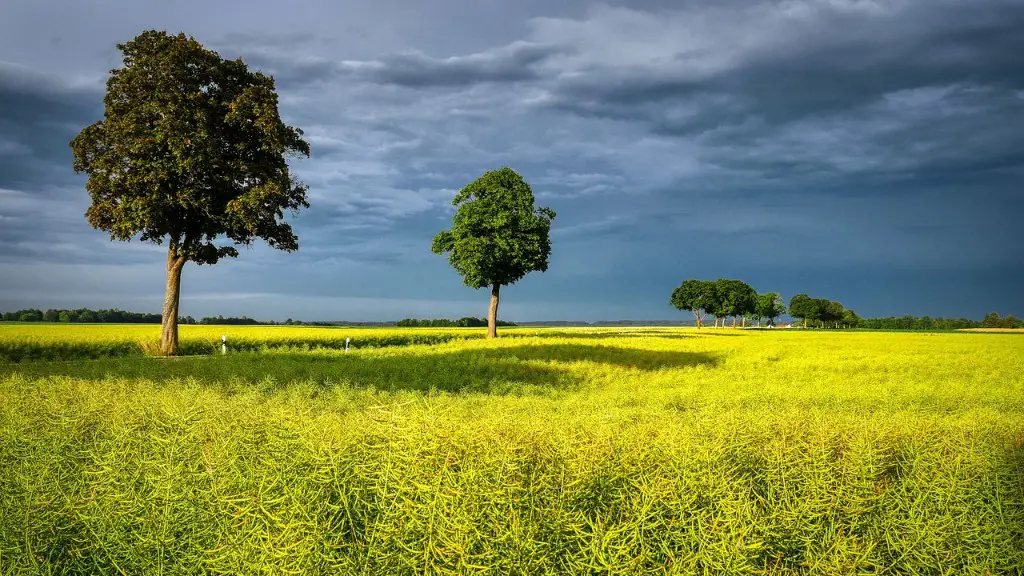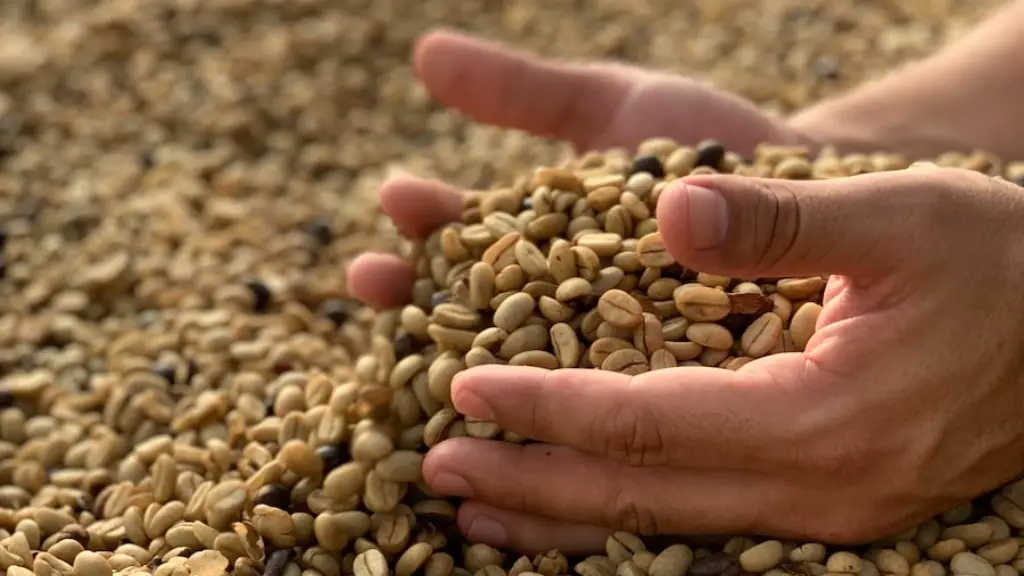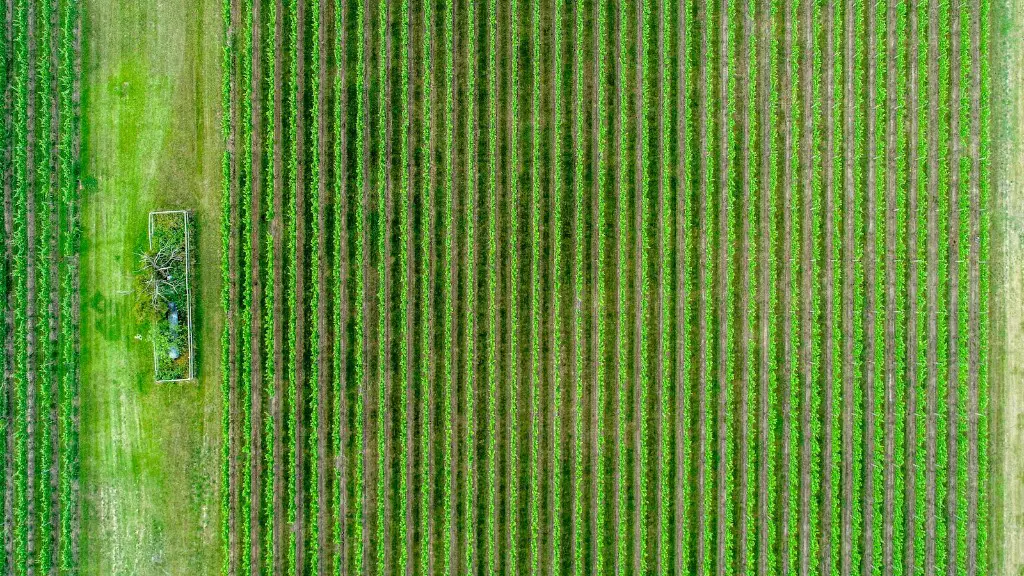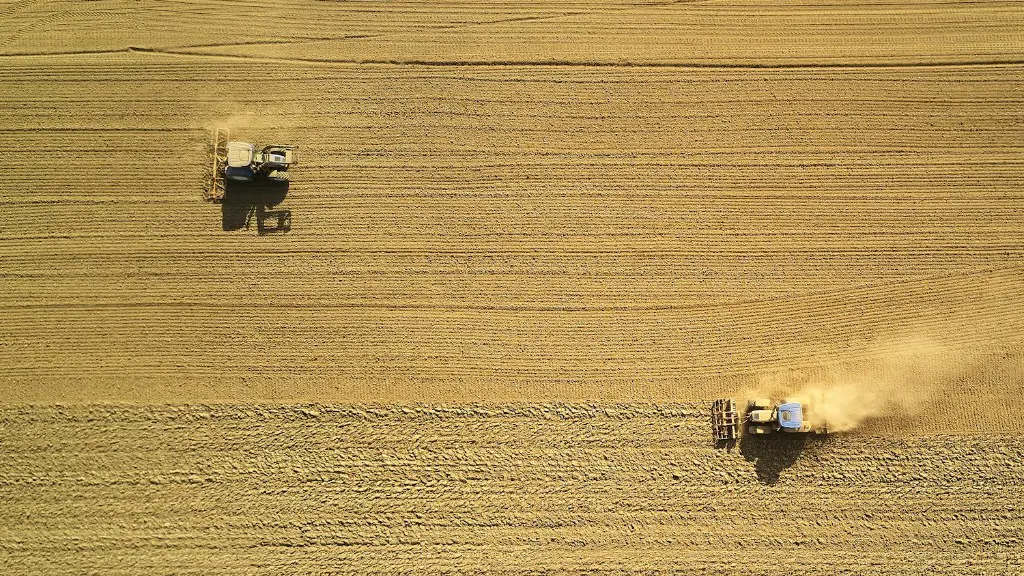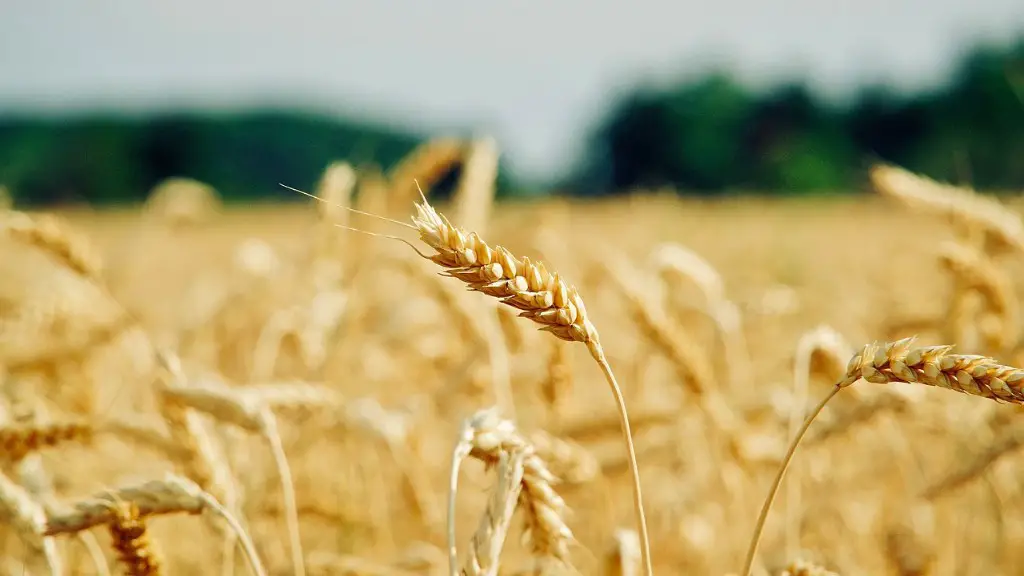Plantation agriculture is large-scale farming that is characterized by the extensive cultivation of a single crop. This type of agriculture is typically found in tropical and subtropical regions, where the climate is conducive to the growth of a particular crop. Plantation agriculture is usually performed by large companies or organizations, rather than small family farms.
Plantation agriculture is a type of agriculture in which crops are grown on large farms called plantations. Plantations are usually owned by large companies or wealthy individuals. Plantation agriculture is typically characterized by monoculture, meaning that a single crop is grown on a large scale. This type of agriculture is typically very intensive, meaning that a large amount of land is required to grow a small amount of crops.
What do you mean by plantation agriculture?
Plantation farming is a great way to increase the production of desired crops. It is easier to control the cultivation when the land is cleared and the crops are planted in huge numbers. This type of farming is also beneficial for the environment because it helps to reduce the amount of deforestation that occurs.
Plantation agriculture is a type of farming that involves the cultivation of one or more cash crops on a large piece of land. This type of agriculture is most common in tropical climates, where cash crops tend to grow more naturally. Plantation agriculture can be a very efficient and profitable way to farm, as it can allow for large-scale production of crops. However, it can also be detrimental to the environment, as it can lead to deforestation and the loss of biodiversity.
What is plantation agriculture AP Human
Plantation agriculture is a type of farming that involves the cultivation of one or more crops on a large piece of land. This type of agriculture is most common in tropical climates, where crops such as coffee, cocoa, and sugarcane can be grown more easily. Plantation agriculture can be very profitable, but it can also be environmentally damaging, as large tracts of land are often cleared for planting.
Plantation agriculture is a very efficient way to produce a single crop. However, it requires a lot of capital and personnel to operate. Additionally, plantation agriculture can be very damaging to the environment if not managed properly.
What’s the difference between a farm and a plantation?
The focus of a farm has traditionally been subsistence agriculture, meaning that the primary goal has been to produce enough food to feed the population of the farm. In contrast, the focus of a plantation has been the production of cash crops, with enough staple food crops produced to feed the population of the estate and the livestock.
A signal crop is a crop that is grown over a large area. It is capital intensive and done with migrant labour. All produce is used as raw material in industries such as tea coffee rubber sugarcane banana etc. Plantation has an interface of agriculture and industry both.
What is plantation agriculture give example also?
Plantations are a type of commercial farming where a single crop of tea, coffee, sugarcane, cashew, rubber, banana or cotton is grown A large amount of labor and capital are required The produce may be processed on the farm itself or in nearby factories. Plantations require a hot climate and plenty of rainfall. They are usually found in countries with a tropical or sub-tropical climate, such as Brazil, India and Sri Lanka.
The term plantation first appeared in English in the 15th century. Originally, the word meant to plant. The term plantation arose as settlements in the southern United States, originally linked with colonial expansion, came to revolve around the production of agriculture.
What is the main features of plantation agriculture
This type of farming is typically found in developing countries where there is a large amount of land available and cheap labor. The scientific methods of cultivation and the large estates or plantations allow for a higher yield per acre. The managerial and technical support ensure that the crop is properly cared for and harvested. The single crop specialisation allows for a higher quality product. The transportation system ensures that the product gets to the market in a timely manner.
A farm is a piece of land that is devoted to agricultural production. Farms are usually large tracts of land that are worked by resident labor.
What is plantation agriculture quizlet?
Plantation farming is a type of large-scale farming that is typically found in tropical and subtropical climates. These farms typically specialize in the production of one or two crops for sale, usually to a MDC (more developed country). Plantation farming is most commonly found in Central America, Coastal and South America, India and Southeast Asia.
The rich have always owned large farms and used slave or paid labor to grow crops and livestock for sale, but this type of farming really took off during the reign of the Roman Empire. The wealthy elite would buy up large tracts of land and then use slaves or hired workers to farm the land and raise animals for meat. This type of farming allowed the rich to get richer while the poor got poorer.
Which product is commonly grown in plantation agriculture
Plantation agriculture is a type of farming that is characterized by the large-scale grows of a single crop. Plantation crops are typically grown for commercial purposes, such as for sale or export. Common plantation crops include cocoa, coffee, tea, sugarcane, tobacco, rubber, banana, cotton, and palm oil.
The plantation crops play an important role in the economy as they are grown to cater to the needs of the market. The plantation crops include tea, coffee, rubber, cocoa, sugarcane, bananas, coconut and oil palm. These crops are grown in large tracts of land and require specialised care and attention. The plantation crops contribute significantly to the GDP of the country and provide employment to a large number of people.
What is the importance of plantation agriculture?
Plantation agriculture is a type of source of employment. It generates government income through charges and different duties. It provides foreign trade to the economy. This agriculture increases modern development by arranging unrefined substances, mainly agro-based businesses.
Most of the plantation projects have failed due to improper site selection, wrong species selection, poor planting stock, poor protection, and lack of involvement of local people. These are some of the major reasons for the failure of plantations, as mentioned in the Evaluation Report (492). Hence, it is important to carefully consider all these factors before starting a plantation project.
Warp Up
Plantation agriculture is a type of large-scale farming that is characterized by the growth of a single crop or commodity, such as coffee, cocoa, sugarcane, cotton, rubber, or tobacco. Plantations are usually owned by a single company or family, and the crops are grown using slave or migrant labor.
Plantation agriculture is a type of farming that involves the cultivation of crops on a large scale. Plantation agriculture is typically characterized by large fields of monocultural crops, such as tobacco, cotton, or sugarcane. This type of farming is highly mechanized and typically employs a large workforce of laborers. Plantation agriculture has often been criticized for its negative environmental and social impacts.
